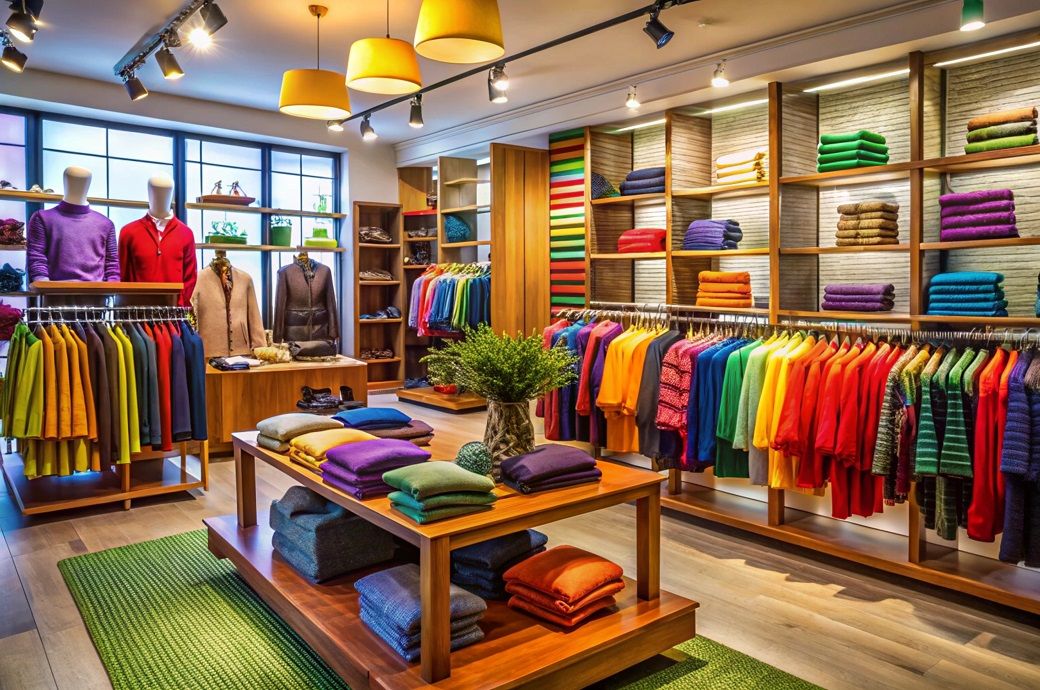
The association revised its forecasts for 2024 downwards at the start of the Christmas season. It only expects nominal sales growth of 1.3 per cent compared to the previous year. In real terms, i.e. adjusted for price increases, this corresponds to zero growth. Until October, the association had still assumed nominal growth of 3.5 per cent, stated Setlog in a press release.
For the analysis, the experts looked at the number of units ordered by importers in the period from January 1 to October 31 in the years 2022 to 2024.
Despite the upcoming holiday season, German retailers expect subdued demand, with orders up by just 1.9 per cent year-over-year, per Setlog.
Forecast nominal sales growth for 2024 is 1.3 per cent, effectively zero in real terms.
Rising freight costs and strong competition from Chinese e-commerce giants are concerns.
Asia remains crucial for production despite rising costs.
“Our snapshot is in line with the forecast of the German Retail Association. Due to the wars in the Middle East and Ukraine, the high inflation in previous years and the political changes in the USA and Germany, people in this country are unsettled and not in a great shopping mood,” said Ralf Duester, managing director of Setlog.
Importers’ moods are influenced not only by expected client purchasing behaviour, but also by rising freight costs. A year ago, the long-term scheduled shipping of a 40-foot conventional container from Shanghai to Rotterdam cost approximately $1,600. This year, corporations were required to pay $2,600. If they want to book on the spot market at short notice, they may currently expect to pay between $3,400 and $3,600, stated the press release.
“Shipowners took advantage of the uncertain situation in the Red Sea due to the attacks by the Houthi rebels and the associated detour via the Cape of Good Hope to increase prices. We are forecasting further slight price increases until Chinese New Year on January 29,” said Patrick Merkel, managing director of Prologue Solutions.
Chinese online giants Temu, Shein, and AliExpress have recently gained significant market share in German e-commerce, attracting price-sensitive consumers. A salesforce survey reveals that 63 per cent of German shopper’s plan to purchase from Chinese apps this Christmas, drawn by competitive prices, fast shipping, and broad product selections, added the release.
In terms of production, while China, Bangladesh, and India have reported modest increases in export volumes, Eastern Europe and Turkiye experienced slight declines. Despite rising manufacturing costs, Asia remains a vital hub for Western European importers, with Setlog’s Managing Director, Ralf Duester, noting that re-and nearshoring are unlikely due to higher production costs in Europe. Even Turkiye, a lower-cost alternative, faces pricing challenges driven by inflation, reinforcing the continued reliance on Asian suppliers for the foreseeable future.
Fibre2Fashion News Desk (SG)

